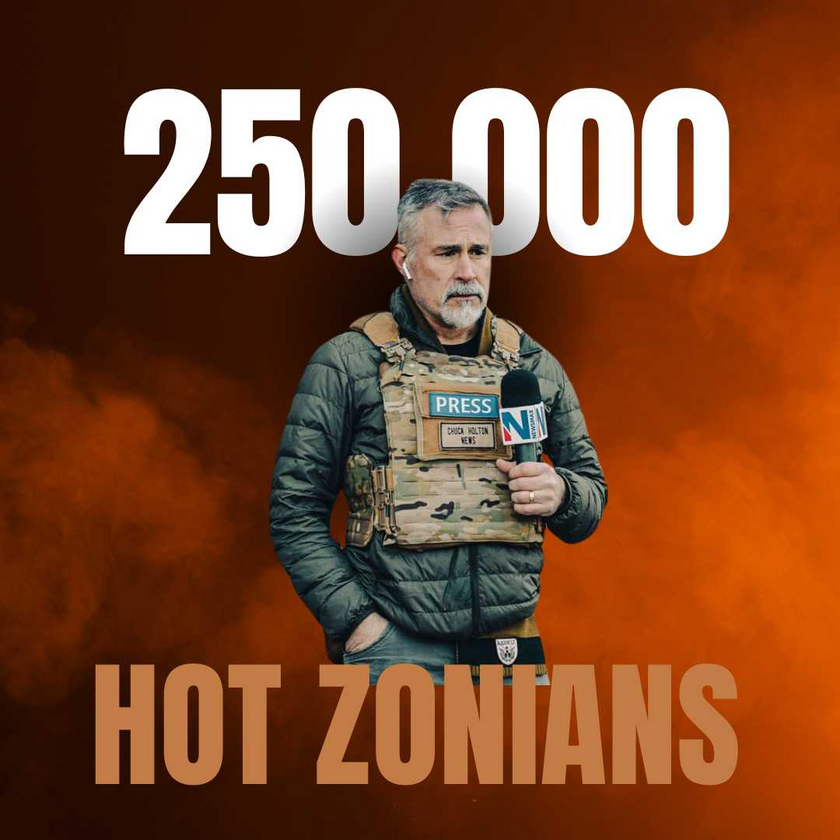If you’ve been tuning into mainstream news, you might believe a historic ceasefire has brought peace to the conflict between Israel and Hezbollah. The truth, however, is far more complicated—and far less promising. What’s being heralded as a ceasefire is actually a shaky, one-sided truce, and Hezbollah isn’t even part of the deal. Let’s break down what’s really happening.
What’s Actually Happening?
At its core, this is a 60-day truce involving Israel, the United States, UNIFIL, and the Lebanese government. Notice anyone missing? That’s right—Hezbollah. Despite the fanfare, Hezbollah hasn’t agreed to stop fighting. In fact, they’ve spent the last 48 hours firing over 500 rockets, missiles, and drones into Israel, all while Israel pounds their positions across Lebanon in a pre-truce blitz.
The agreement stipulates that the Lebanese Army will move into southern Lebanon, policing the area south of the Litani River to prevent Hezbollah attacks. But here’s the catch: Hezbollah essentially is the Lebanese Army, or at least half of it. Entrusting them to dismantle Hezbollah’s military infrastructure is like asking a fox to guard the henhouse.
Israel’s Terms
Despite its limitations, the deal isn’t a total loss for Israel. Here’s what they gained:
Freedom to Strike: Israel retains the right to respond to threats in Lebanon without prior U.S. approval. While they’ve agreed to alert the U.S. “whenever possible,” they can act unilaterally if needed. This flexibility allows Israel to neutralize immediate threats, such as missile launchers or incoming weapon shipments from Iran.
Continued Surveillance: Israel can keep flying reconnaissance missions over Lebanon, albeit with a promise to avoid sonic booms over Beirut—an intimidation tactic they’ve frequently employed.
Disruption of Iranian Supply Lines: The U.S. committed to helping Israel curb Iran’s weapon shipments into Lebanon, even suggesting American involvement in targeting smuggling routes.
On paper, this gives Israel room to breathe and regroup without sacrificing its security. But the big question remains: will Hezbollah abide by the truce?
Hezbollah’s Reality
Hezbollah is hurting—badly. Over the past few months, Israel has devastated their infrastructure:
80% of Hezbollah’s rockets and missiles have been destroyed or fired.
Their command structure has been decimated, with thousands of operatives killed.
Entire villages in southern Lebanon, once Hezbollah strongholds, are now ghost towns.
Even Iran, Hezbollah’s main backer, is reportedly urging them to seek a ceasefire. The financial and military toll has been enormous, and Hezbollah’s paranoia is at an all-time high. They’ve allegedly detained—or even executed—over 200 operatives on suspicion of collaborating with Israel.

Why Did Israel Agree to a Truce?
Critics within Israel argue that this is a missed opportunity to finish the job. With Hezbollah on the ropes, some believe Israel should push harder to dismantle them completely, much like its declared goal of eradicating Hamas in Gaza. However, there are strategic reasons behind Israel’s decision:
Focusing Resources: By pausing the northern conflict, Israel can concentrate on Gaza, the West Bank, and its growing standoff with Iran.
Protecting Civilians: Over 60,000 Israelis displaced from their homes in the north could begin returning under the truce’s protection.
International Optics: This deal provides Israel with political capital. If Hezbollah breaks the truce, it exposes their aggression, giving Israel a stronger justification to escalate again.
The U.S. Role
The Biden administration is already taking a victory lap, touting this truce as a diplomatic triumph. But let’s be clear: the U.S. isn’t a neutral player here. By brokering a deal that leans heavily on Israel’s concessions while ignoring Hezbollah’s non-participation, the U.S. appears more concerned with optics than with lasting peace.
And then there’s UNIFIL, the UN peacekeeping force tasked with monitoring southern Lebanon. Historically, UNIFIL has been criticized for its pro-Palestinian bias, raising doubts about its ability—or willingness—to ensure Hezbollah complies. Meanwhile, the U.S. continues funneling hundreds of millions of dollars to the UN despite its consistent failures in conflict zones.
What Happens Next?
This truce is a gamble. If Hezbollah abides, it could signal their desperation and allow Israel to regroup. But if they exploit the situation—using the Litani River as a shield for continued attacks—Israel will have no choice but to resume hostilities. Either way, this conflict is far from over.
For now, the people of northern Israel can hope for a reprieve. But as history has shown, hope isn’t a strategy. And in this region, peace is rarely more than an illusion.


















